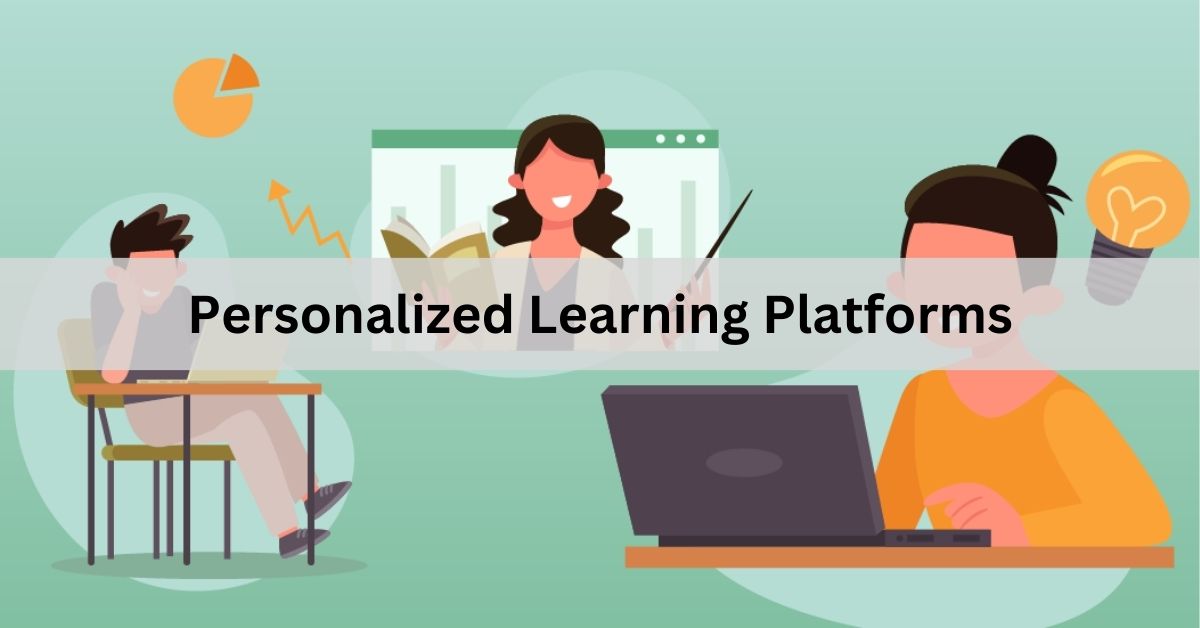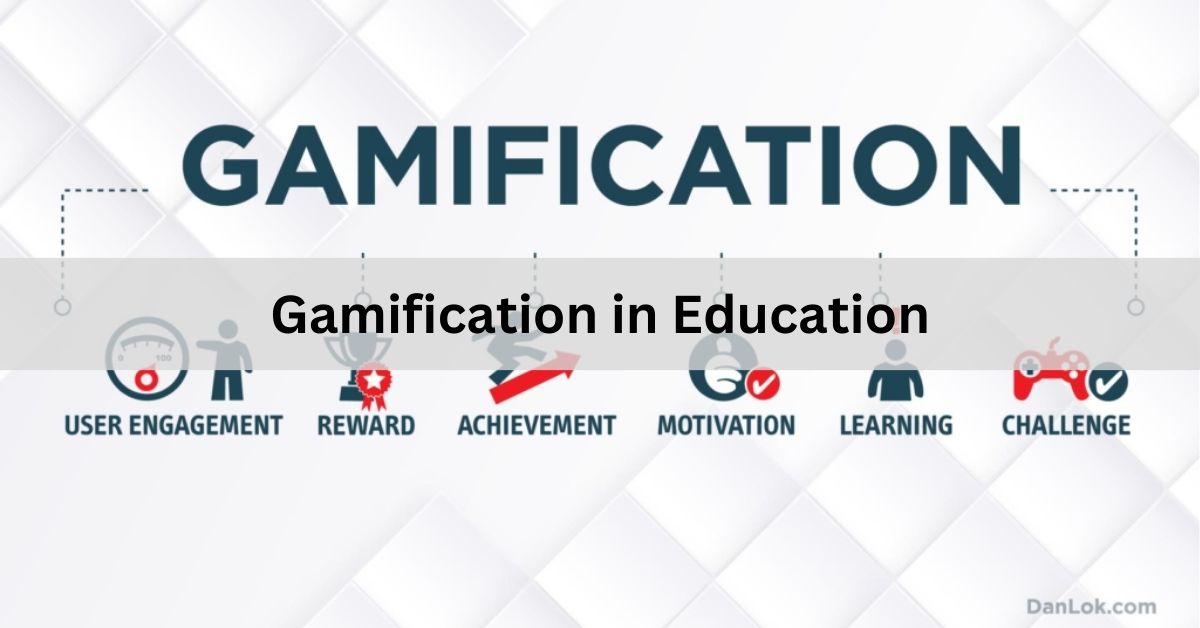Personalized learning platforms are reshaping education, offering tailored experiences that cater to each learner’s unique strengths, pace, and interests. This article explores the concept of personalized learning, its benefits, implementation strategies, and the future of educational technology.
Contents
Understanding Personalized Learning
- Definition: Personalized learning involves adapting instructional methods, content, pace, and resources to meet the specific needs of individual learners.
- Customization: Tailors learning experiences based on factors like learning styles, interests, previous knowledge, and learning goals.
Benefits of Personalized Learning Platforms
- Improved Engagement: Learners are more engaged when content is relevant and tailored to their interests, enhancing motivation and retention.
- Enhanced Learning Outcomes: Personalized learning addresses individual strengths and weaknesses, leading to better academic performance and skill mastery.
- Flexibility and Autonomy: Allows learners to progress at their own pace, explore topics of interest, and take ownership of their learning journey.
Components of Effective Personalized Learning Platforms
- Data-Driven Insights: Utilize data analytics to assess learner progress, identify areas for improvement, and personalize content recommendations.
- Adaptive Learning Technologies: AI-powered tools adjust difficulty levels and content delivery based on learner responses and performance.
- Interactive Content: Incorporate multimedia, simulations, and interactive exercises to cater to diverse learning styles and preferences.
Implementing Personalized Learning Platforms
- Assessment and Goal Setting: Start with learner assessments to identify strengths, weaknesses, and learning objectives.
- Curriculum Design: Develop flexible curricula that allow for personalized pathways and align with educational standards and learning objectives.
- Teacher Support and Training: Provide educators with training on using personalized learning tools, interpreting data, and facilitating individualized instruction.
Future Trends in Educational Technology
- AI and Machine Learning: Continued integration of AI for adaptive learning, predictive analytics, and personalized recommendations.
- Virtual and Augmented Reality: Enhancing immersive learning experiences that simulate real-world scenarios and enhance engagement.
- Mobile Learning Solutions: Accessibility through mobile devices, supporting anytime, anywhere learning opportunities.
Conclusion
Personalized learning platforms represent a significant advancement in educational technology, offering tailored learning experiences that cater to diverse learner needs and preferences. By leveraging data-driven insights, adaptive technologies, and interactive content, educators can create engaging learning environments that foster academic success and lifelong learning skills. As personalized learning continues to evolve, it promises to transform education, empower learners, and prepare them for the challenges of a rapidly changing world.


